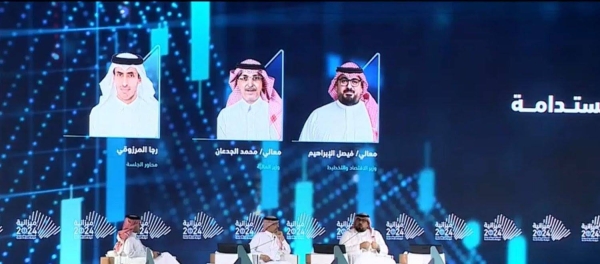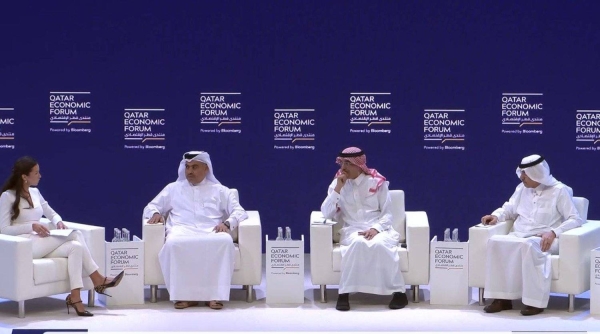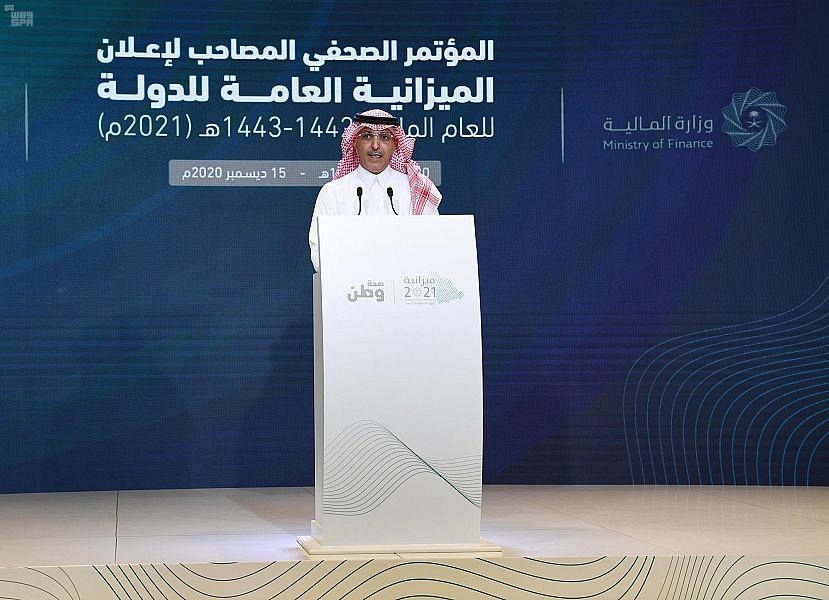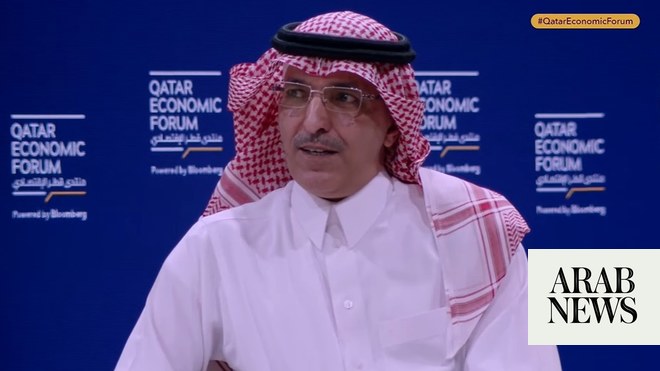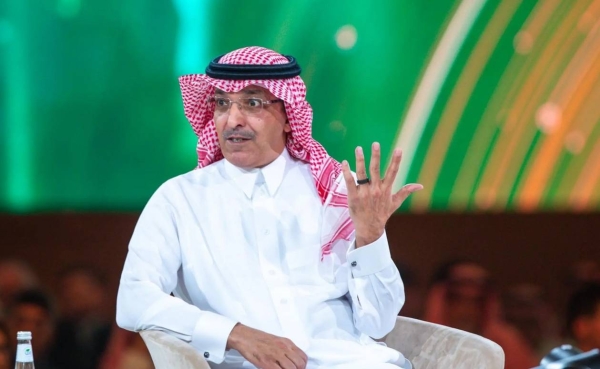
Saudi Finance Minister Mohammed Al-Jadaan affirmed that Saudi Arabia would continue spending strategically on Vision 2030 programs, as well as on infrastructure and public utility services, and major projects that bring sustainable economic returns.
In an interview with Al-Eqtisadiah, Al-Jadaan noted that strategic spending aims to stimulate economic growth and development, increase productivity, create job opportunities, and attract private investments. He noted that total spending amounted to SR1,293 billion at the end of last year, an increase of 11 percent over the previous year, while capital expenditures during the same year amounted to SR186 billion.
“The increase in the spending could exacerbate the budget deficit, which in the first quarter of 2024 recorded its sixth consecutive deficit of SR 12.4 billion. Investment spending in the first quarter amounted to SR 34.5 billion, up 33 percent year-on-year,” he said.
Al-Jadaan emphasized that managing the deficit is “one of our top priorities. We are dealing with an intentional deficit in sustainable proportions and for economic development purposes, not a forced deficit as is the case in some countries that are forced to borrow to meet basic expenditures that may not be productive.” The minister explained that government spends more to accelerate the implementation of strategies and projects, and hence there is no issue of having a “debt-financed deficit,” as long as “the deficit goes to productive expenses” and is directed to economic activities that will create an economic return that exceeds the cost of the debt.
Al-Jadaan said that Saudi Arabia continues to maintain fiscal space to counter financial and economic shocks by maintaining safe levels of government reserves and sustainable levels of public debt.” He noted that government attaches great importance to developing fiscal policies to dealing with global economic fluctuations by allocating and managing resources efficiently. “The infrastructure, education, health and innovation projects channeled in a way that contributes to long-term sustainable value creation, are evidence of support for development initiatives.,” he said.
The minister pointed out that government worked on a comprehensive review to develop its strategies by seeking to diversify and improve economic activity. He also stressed the role of fiscal policies in promoting financial inclusion and access to finance, which are important to support entrepreneurship, SMEs and innovation, in line with the goals of Saudi Vision 2030. “Saudi Arabia has implemented policies to develop the financial sector and attract foreign investment, resulting in a significant influx of foreign investment into key sectors such as energy, infrastructure, and technology, with contribution of foreign direct investment percentage to GDP reaching 2.4 percent,” he added.






